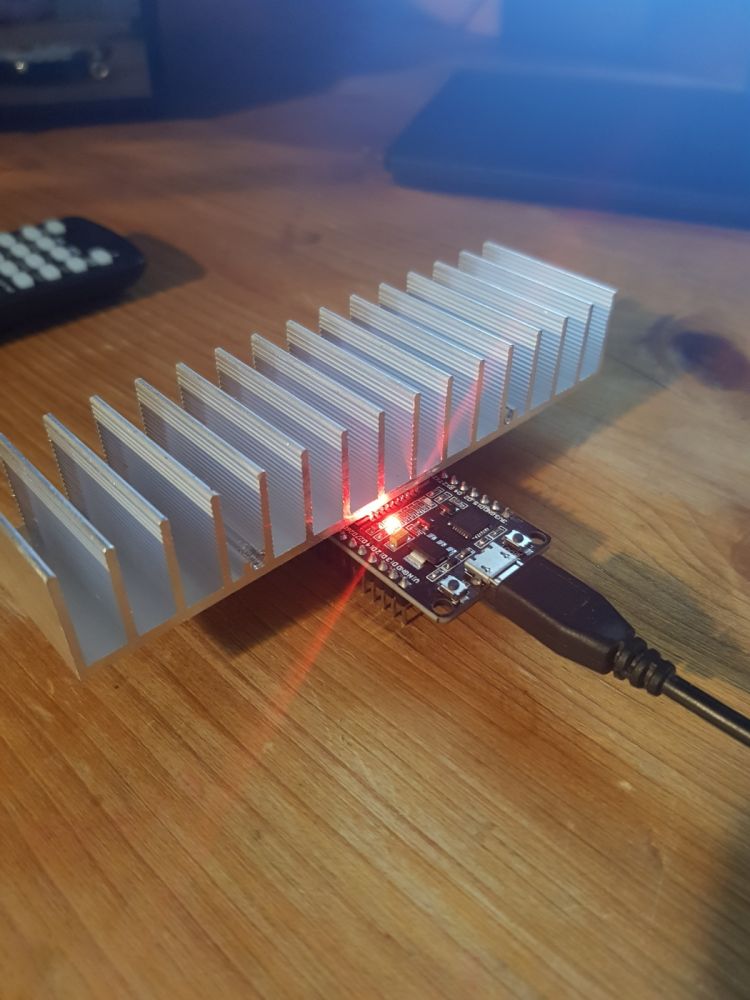Ranter
Join devRant
Do all the things like
++ or -- rants, post your own rants, comment on others' rants and build your customized dev avatar
Sign Up
Pipeless API

From the creators of devRant, Pipeless lets you power real-time personalized recommendations and activity feeds using a simple API
Learn More
Comments
-
@ScriptCoded it is indeed an ESP32 and it does have WiFi capabilities, but currently I have no need for WiFi in the project.
Unless… I figure out some kind of app-controlled mode for it. That would be cool as fuck. Though now it’s off the record.
We originally picked this ESP32 for its extremely high speed. It runs at 240MHz. In the first prototype, we were essentially forced and plunged into using 2 Arduino boards because they were too slow, they ran at 16MHz and the clock division with the SPI was absolutely horrible. We are now doing it with 1 SoC that also has 2 cores (YES, I am using both cores). Both me and my dad have learned so much from the first prototype and we are bound to learn a whole fuck lot more soon. -
So are you transferring data from ardiuno into the esp ? And what are you using to code the ardiuno (I know it's c++) but what is it ardiuno's library or something else? Now the project looks even more interesting
-
What's the implementation? Are you controlling analog filters with Arduinos and a variable resistor/capacitor, or are you running a digital filter on the ESP? (In which case, what are the Arduinos for?).
If you're doing digital filters then may I recommend that for the next version of the project you pick a microcontroller or core with DSP instructions and a library of optimized DSP functions (probably will have FFT). You'll get WAY more power efficiency. -
@OmerFlame Sounds like a lot of fun 😁 Do you used 2 Arduinos to cope with the slow speeds?
-
@ScriptCoded We used 2 Arduino boards in the first prototype because of speed issues, but now we have 2 cores running at 240MHz so we don’t need 2 MCUs for the second prototype.
Related Rants

 Hahahaja!
Hahahaja! Just making sure it doesn't overheat :)
Just making sure it doesn't overheat :) Right in the feels... 😂
Right in the feels... 😂
My second prototype of the studio equalizer. It’s not even close to being done. It’s barely even started.
rant
esp32
equalizer
audio
studio
embedded